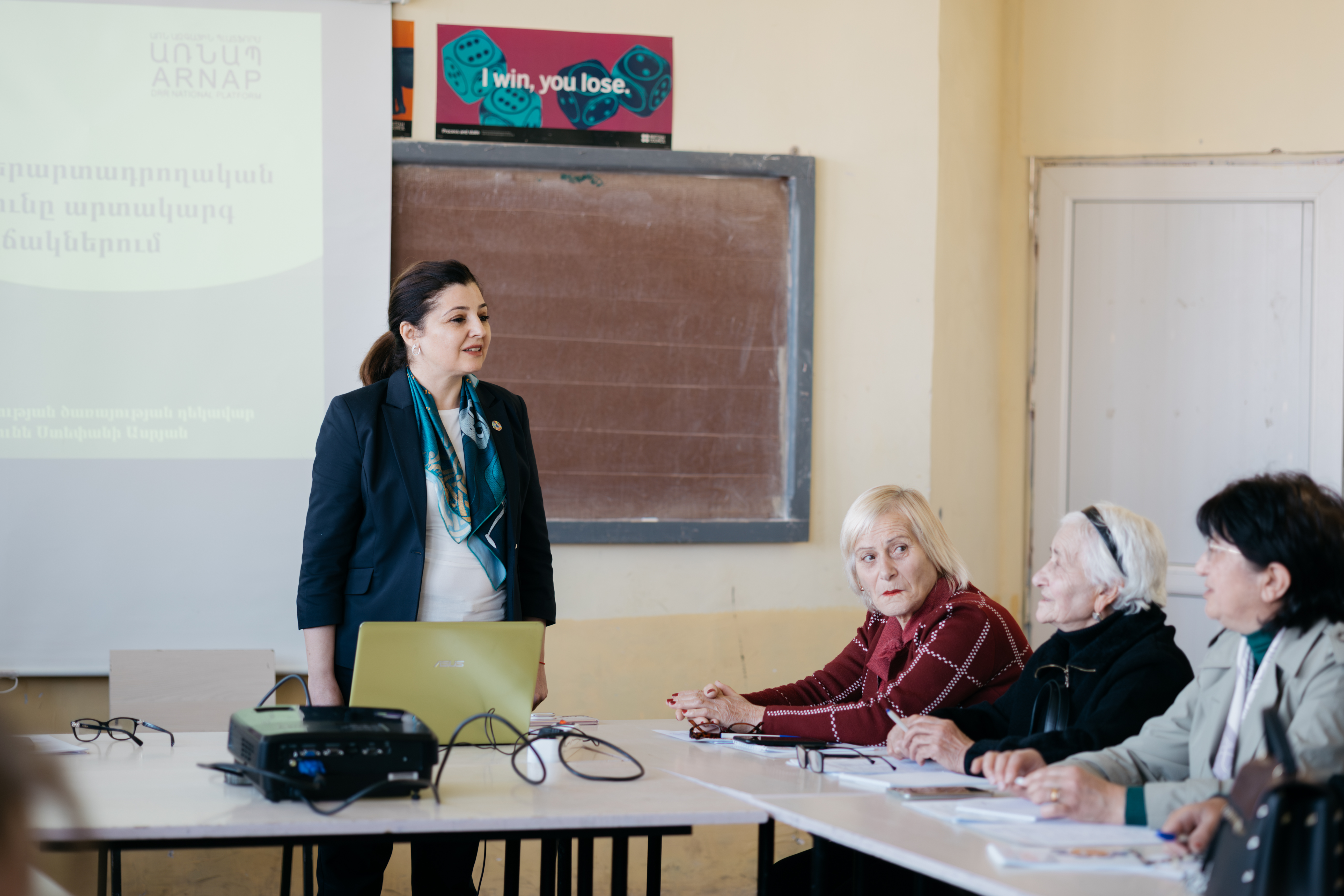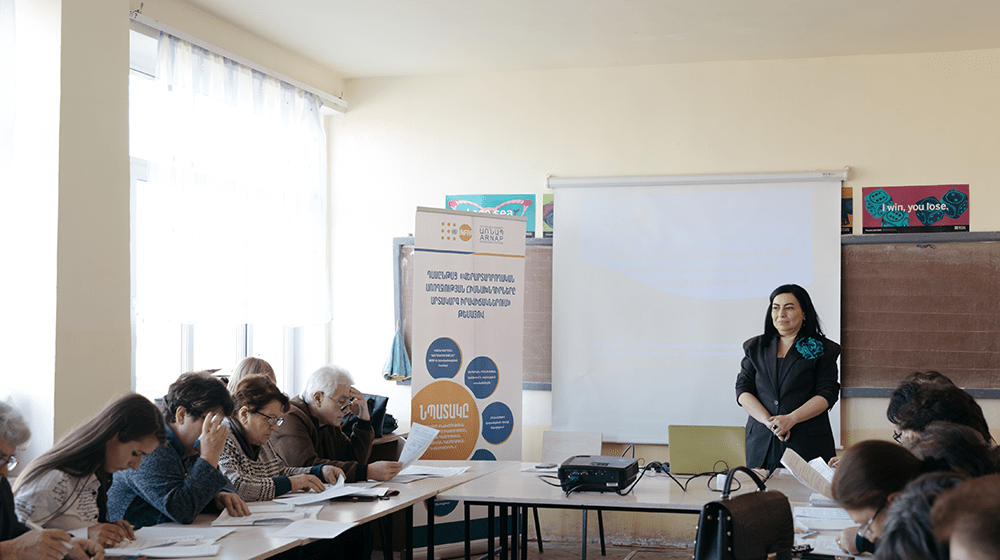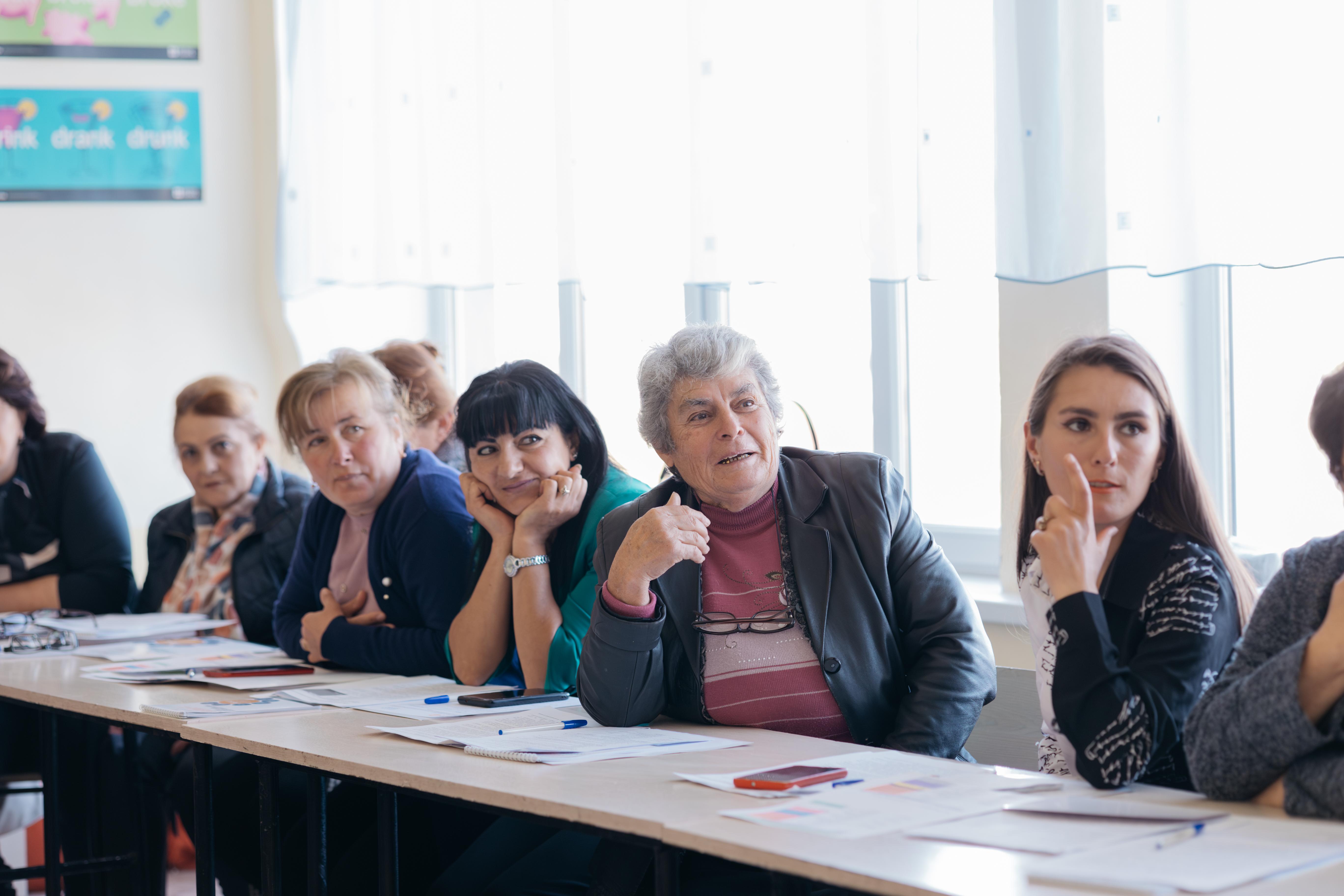
Vardenis consolidated community in Gegharkunik region recently hosted a three-day training course titled "Sexual and Reproductive Health Issues in Crisis Situations" for 30 healthcare issues during emergencies.
Susanna Khachatryan, a nurse at the "Mets Masrik" primary health care center, working there for about a year, reflected on the training experience, stating, “During these three days, we gained new knowledge and updated our existing knowledge. Given that we are currently working in an emergency situation, and unfortunately, humanitarian crises are not new to us, this course was particularly important, and I hope that it will continue." She specifically highlighted the relevance of topics related to supporting pregnancy, sexually transmitted diseases, and HIV. Susanna expressed gratitude for the opportunity to learn modern approaches and build connections with colleagues in the region for future advice.
Lusine Rostumyana, a participant with approximately 40 years of healthcare experience and currently serving as a family doctor in the Geghamasar primary health care center, shared, “The course was very interesting and interactive, we had the opportunity to ask all our questions and get comprehensive answers. It was very important that not only doctors but also nurses took part in the course because in remote communities, mostly nurses work, and before referring to a specialist, it is important that they have full knowledge and be able to refer correctly, especially in emergency situations.”
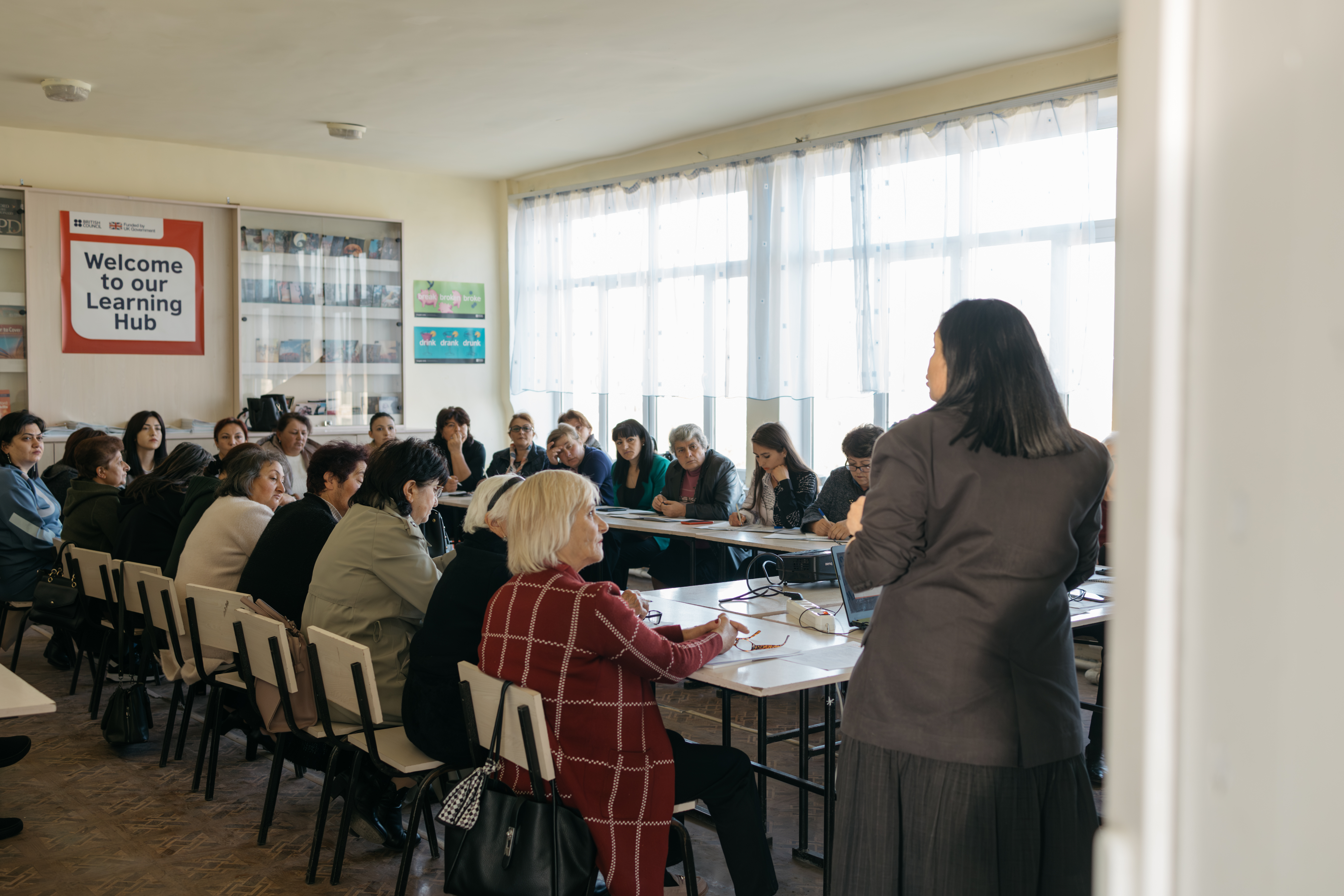
The training, has been conducted by the ARNAP Foundation with the finantial support of UNFPA since 2017, has trained 700 health workers and 600 rescuers. The Minimum Initial Service Package (MISP) aims to coordinate the sexual and reproductive health sector during emergencies, prevent sexual violence, respond to survivors' needs, reduce morbidity and mortality due to HIV and other STIs, prevent excess maternal and newborn morbidity, and plan for comprehensive SRH services integrated into the primary health care system.
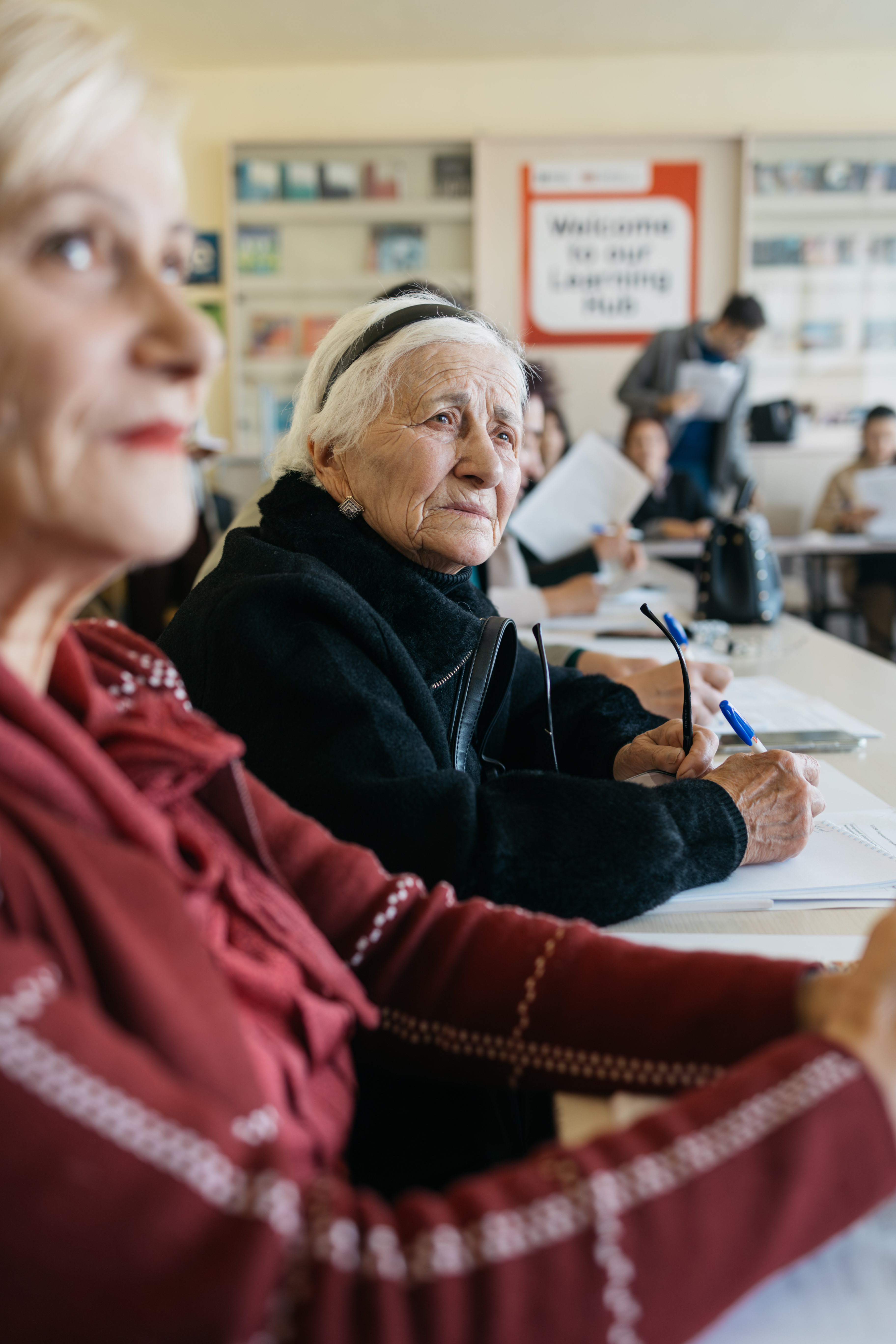
Ara Barsegyan, the head of ARNAP Foundation, discussed the challenges health workers face in rural areas during emergencies, stating, “It's one thing when medical workers provide those services in their daily work, another issue when there's an emergency situation, the ambulance isn't available, the doctors themselves can get injured, especially in residential areas. That's the reason why health workers in rural areas need to be more prepared." He emphasized that the course not only imparts skills for such situations but also teaches proper crisis response coordination and where to seek support.
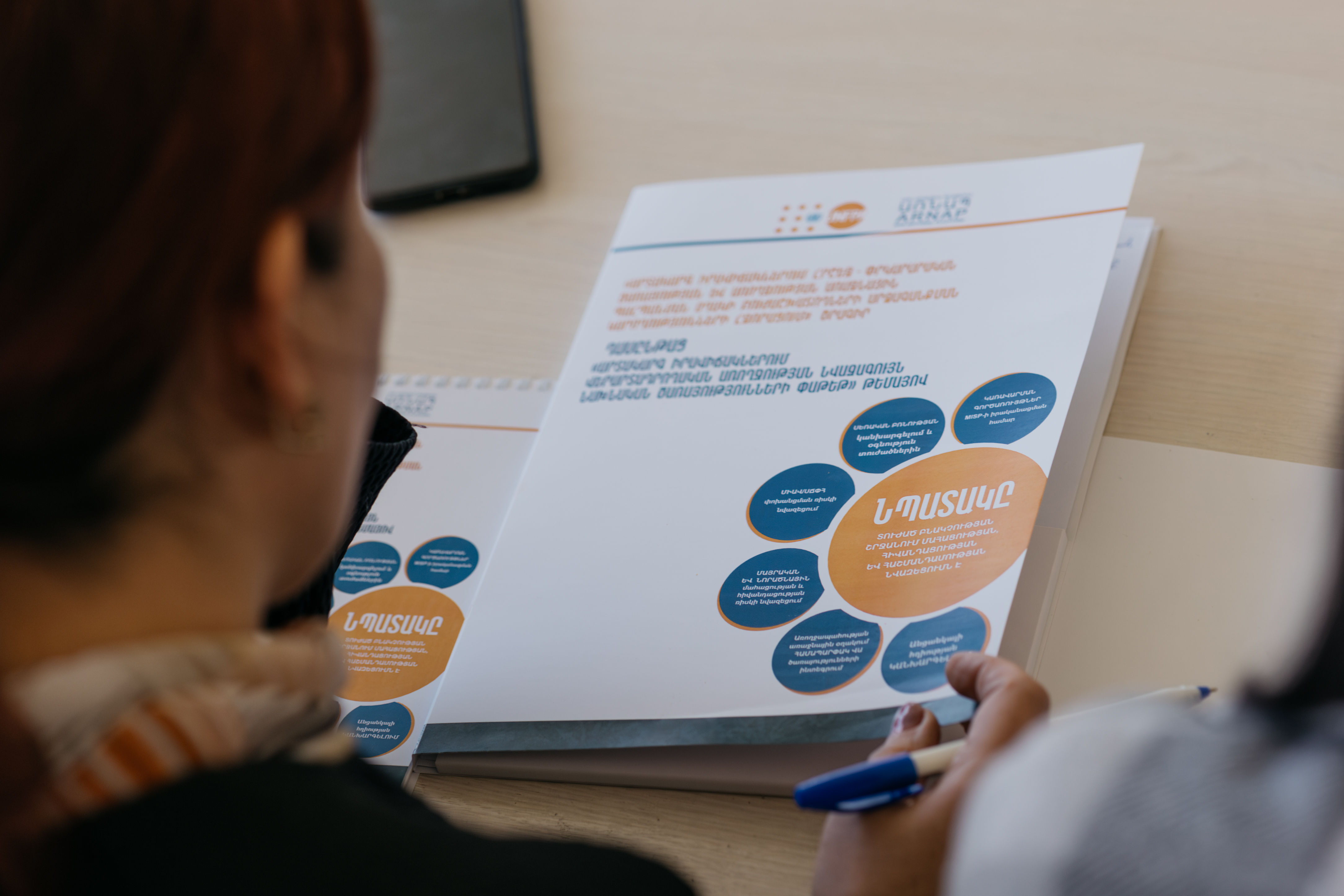
In 2023, the ARNAP Foundation, with UNFPA's support, conducted four MISP courses with 115 healthcare participants. Four additional training sessions are planned by the end of the year in Vayots Dzor, Tavush, Ararat, and Gegharkunik marzes.
Narine Beglaryan, the head of Sexual and Reproductive Health Analysis at the UN Population Fund, concluded, “Emergencies once again prove the importance of such knowledge, especially among primary care workers. We will continue to transfer this knowledge to the medical workers of all regions of Armenia because it saves lives."
